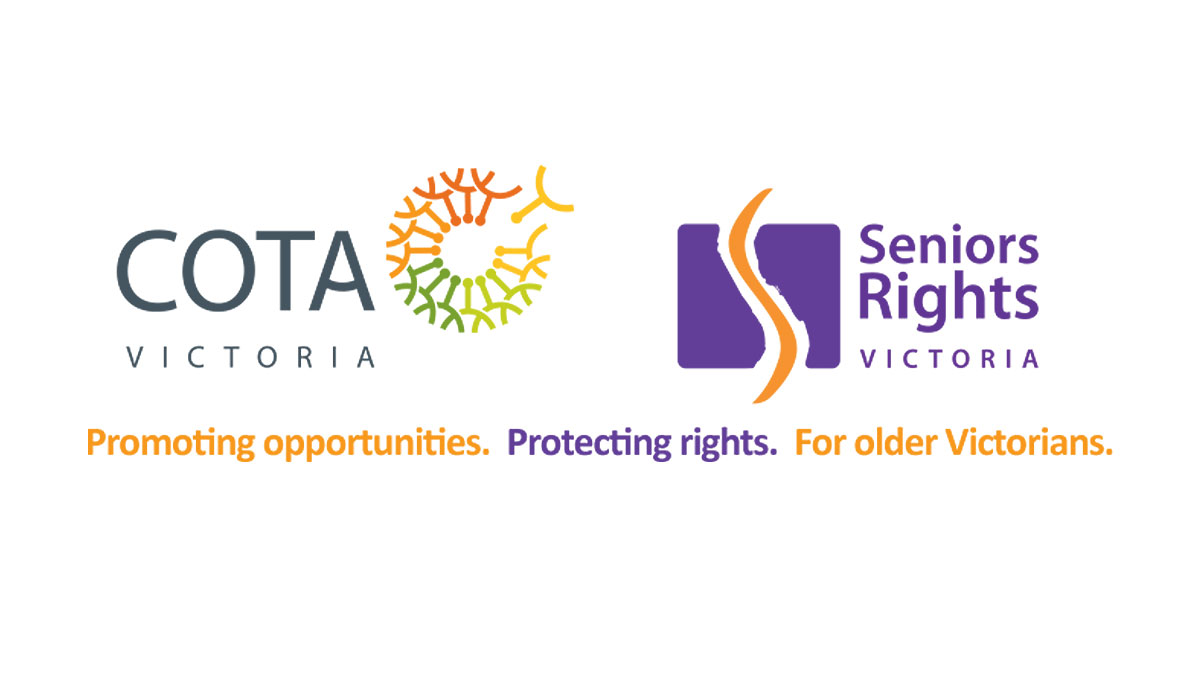By Dr Rajna Ogrin
In our previous article, we opened a discussion about loneliness. It’s an issue for Australians of all ages, including older Australians; people experiencing loneliness need to be exposed to opportunities to connect socially. We also know that feeling lonely sometimes is normal. There is an increased focus on loneliness because research has shown the negative impact it can have on our health and wellbeing when loneliness is experienced over the longer term (Courtin & Knapp, 2017; Lim, Eres, & Vasan, 2020).
Briefly, loneliness is a mismatch between a person’s actual social connections and their desired relationships with others that is experienced as negative, uncomfortable, and emotionally distressing (Peplau & Perlman, 1982).
Research has shown that people who are socially isolated have similar cravings for social interaction such as those cravings for food when hungry (Tomova et al., 2020). Feeling lonely could be our body telling us that we need to reach out and connect more with others for our wellbeing.
But why are some people more at risk of experiencing loneliness?
Age plays a role, with young (< 25 years old) and older adults (> 65 years old) experiencing higher levels of loneliness, although the impact of gender isn’t clear, with mixed findings regarding differences between men and women (Lim et al., 2020). Research has identified that migrating to a culturally different country, living alone and having a lower socio-economic status are related to higher levels of loneliness (Lim et al., 2020).
Physical and mental health also play a role in loneliness, with a connection between illness and dying and higher levels of loneliness (Holt-Lunstad & Smith, 2016; Holt-Lunstad, Smith, Baker, Harris, & Stephenson, 2015), and more severe mental health symptoms being associated with loneliness (Lim et al., 2020). Research has also shown that higher levels of loneliness were associated with accelerated cognitive decline and increased risk for Alzheimer’s disease and dementia in older adults (Lim et al., 2020). However, we also know that social connection can decrease risk of these health problems, where every increase in social connection there is a corresponding decrease in risk (Yang et al., 2016).
Social-environment factors are also important. Many people blame the rise of social media on increasing rates of loneliness. However, digital communication, including the use of social media, may either increase or decrease feelings of loneliness, depending on how and why they are being used (Lim et al., 2020). Interestingly, having sufficient computer skills reduces the risk of loneliness in older age (Guthmuller, 2022). Being connected socially is protective against loneliness and helps keep us well. Having a network of persons with whom to talk about important things reduces the risk of loneliness, and the larger the size of the network the lower the risk of loneliness (Guthmuller, 2022).
Ending Loneliness Together is a national network of organisations who have come together to address loneliness in people living in Australia. They have developed a call to action to consider how we can combat loneliness in Australia, where they picture a world where every single person feels a sense of connection and belonging. They’ve also partnered with COTA Victoria, the Municipal Association of Victoria and Bolton Clarke for a public campaign called “Older, Not Alone” that will drive attention to community resources that can support older Victorians throughout the winter season.
Please head here for more information on Ending Loneliness Together.
References
Courtin, E., & Knapp, M. (2017). Social isolation, loneliness and health in old age: a scoping review. Health & Social Care in the Community, 25(3), 799-812. doi:10.1111/hsc.12311
Guthmuller, S. (2022). Loneliness among older adults in Europe: The relative importance of early and later life conditions. PLOS ONE, 17(5), e0267562. doi:10.1371/journal.pone.0267562
Holt-Lunstad, J., & Smith, T. B. (2016). Loneliness and social isolation as risk factors for CVD: implications for evidence-based patient care and scientific inquiry. Heart, 102(13), 987-989. doi:10.1136/heartjnl-2015-309242
Holt-Lunstad, J., Smith, T. B., Baker, M., Harris, T., & Stephenson, D. (2015). Loneliness and Social Isolation as Risk Factors for Mortality: A Meta-Analytic Review. Perspectives on Psychological Science, 10(2), 227-237. doi:10.1177/1745691614568352
Lim, M. H., Eres, R., & Vasan, S. (2020). Understanding loneliness in the twenty-first century: an update on correlates, risk factors, and potential solutions. Social Psychiatry and Psychiatric Epidemiology, 55(7), 793-810. doi:10.1007/s00127-020-01889-7
Peplau, L. A., & Perlman, D. (1982). Perspective on loneliness. In L. A. Peplau & D. Perlman (Eds.), Loneliness: A sourcebook of current theory, research and therapy (pp. 1-18). New York: John Wiley and Sons.
Tomova, L., Wang, K. L., Thompson, T., Matthews, G. A., Takahashi, A., Tye, K. M., & Saxe, R. (2020). Acute social isolation evokes midbrain craving responses similar to hunger. Nature Neuroscience, 23(12), 1597-1605. doi:10.1038/s41593-020-00742-z
Yang, Y. C., Boen, C., Gerken, K., Li, T., Schorpp, K., & Harris, K. M. (2016). Social relationships and physiological determinants of longevity across the human life span. Proc Natl Acad Sci U S A, 113(3), 578-583. doi:10.1073/pnas.1511085112
